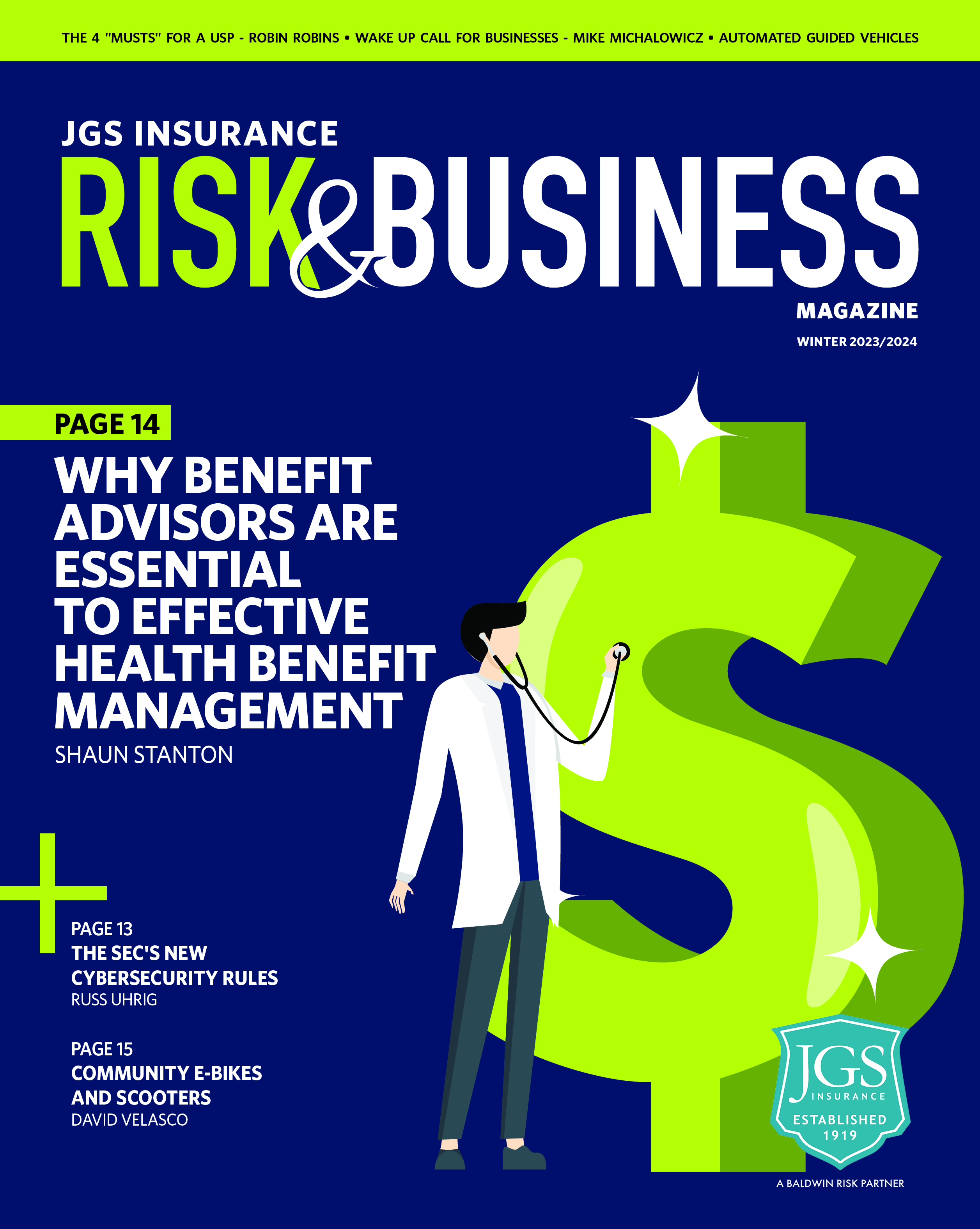The insurance industry, like most industries, experiences periods of growth and periods of retraction. We refer to periods of growth as “soft markets” and periods of retractions as “hard markets.” Each period may last anywhere from two to ten years. In this article, we’ll explore the differences between soft and hard markets, the hard market we’re currently in, and what you can do to stay in control of your premiums.
Soft Market vs. Hard Market
In a soft market, competition in the insurance industry is abundant and premiums are low. Coverage tends to be broader and underwriting criteria more relaxed, meaning it is easier to qualify for coverage and your policy will respond to a wider range of claims. This is spurred on by high competition between carriers because each carrier wants their policy to stand out amongst the hundreds of policies for potential clients to choose from. A soft market is an ideal market for individuals and businesses seeking insurance.
Unfortunately, a soft market is almost always followed by a hard market. In a hard market, premiums are on the rise and the number of carriers in the market diminishes. This means the industry has a limit on the number of policies it can provide. With reduced capacity, underwriting becomes more difficult and policies tend to restrict the range of claims they are willing to respond to. Although a hard market sounds like an ideal situation for insurance carriers, it is typically a result of efforts to protect active policyholders and a very stressful time for everyone in the industry.
Why We Are Where We Are
Insurance carriers rely on the income they receive from premiums to pay out claims. However, they also rely on income from the investments they make with those premiums in the meantime. A hard market is often a response to a downturn in the marketplace paired with an unusually high number of claims. When this happens, carriers have no choice but to raise premiums, reduce the number of policies they issue, and reduce the number of claims they will respond to or face bankruptcy. They must do this to preserve their ability to protect customers. Without financial security, insurance carriers cannot fairly respond to claims in a hard market.
Since the onset of the COVID-19 pandemic, we have steadily moved into a hard insurance market. This was a result of a market downturn for many industries where insurance carriers were invested and a high number of unanticipated claims resulting from COVID-19. Many insurance carriers went out of business as a result. The carriers remaining in the market have attempted to recover by increasing premiums, issuing more stringent underwriting criteria, and carefully wording policies to restrict liability. This has made it increasingly difficult for businesses to find affordable insurance, and many have had no choice but to close their doors rather than pay several times the amount they were paying for insurance in previous years.
The pandemic alone is not responsible for the hard market we’re in. The string of natural disasters—from wildfires and earthquakes to flash floods and hurricanes—that we’ve experienced in the last two years has also contributed to an unprecedented number of insurance claims. We’re also seeing a rising number of lawsuits award “nuclear” verdicts, many of which are demanding response from an active insurance policy. If the industry were to maintain the status quo, carriers simply couldn’t keep up with the losses.
How JGS Can Help You Save
Despite the situation feeling dire at this time, you still have the power to take control of your premiums. Even in a hard market environment, our JGS team is consistently seeking out ways you can save. When you work with a JGS advisor, we’ll present you with opportunities to take advantage of insurance discounts and let you know where and how you could save. When the market softens again, we can help make sure you’re in a position to recoup losses on higher premiums you’re paying now by positioning you to qualify for increased savings later. Contact us today to learn more.
